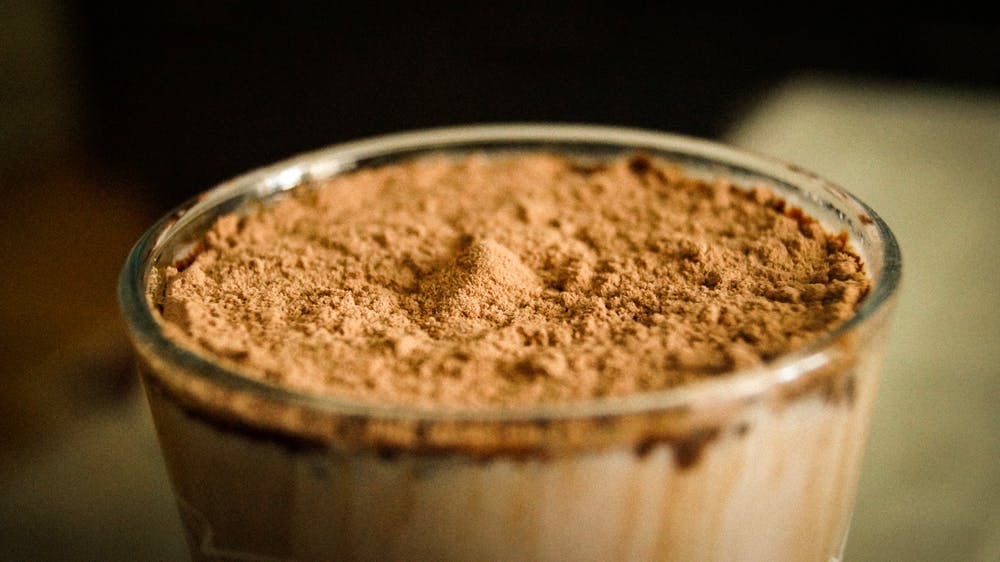
Protein Powder
In our modern day cultured, centered around convenience and abundance, protein powders have grown to be particularly popular. For many health-conscious individuals looking to increase their daily protein intake, protein powder is a quick and easy supplemental option. In theory, the idea of using protein powder to meet daily protein requirements seems like a faultless practice. Unfortunately, like many products promoted in the health industry, protein powders exist along the dubious spectrum of varying quality. With this breech integrity hiding behind many of the protein powders lining the shelves at the store, it is important to know how to discern the quality of a protein product before buying.
Some “Red Flags” to look out for:
- Soy: The ever-abundant soybean has become increasingly prevalent in protein products in the form of Soy Protein Isolate (SPI). SPI is the byproduct of a high-tech, denaturing process that leads to a cascade of health issues such as poor digestion and pancreatitis. Additionally, soy is filled with plant-based estrogens that disrupt normal hormone regulation.
- Sweeteners: To make protein powder more palatable, almost all products are made with several forms of sweetener. Unfortunately, more natural forms of sweeteners are often underutilized in favor of cheaper ingredients to the detriment of the health of the consumer. These low-quality sweeteners include sucrose, high fructose corn syrup, sucralose, and acesulfame potassium.
- Synthetic Vitamins & Minerals: Many protein powders promote their healthfulness by claiming to contain an abundance of essential vitamins and minerals. Sadly, many of the vitamins and minerals listed on the nutrition label of a protein powder are synthetic sources of these essential nutrients. Additionally, the few vitamins and minerals that may be from a more integrous whole-food source are often denatured by the high-temperatures used in the processing of the protein product.
- Lack of Needed Co-factors: For proper protein synthesis, the body needs to consume protein in tandem with adequate amounts of fat-soluble vitamin A. Many protein products claim to be superior simply because they provide high doses of protein while maintaining a modest overall caloric value. However, these protein products often lead to digestive issues and vitamin A deficiencies because they lack the necessary vitamin A and fat needed for proper protein synthesis.
Overall, the world of protein powders can be a slippery slope. At Crossroads Family Chiropractic, we are big believers that food can be our medicine and recognize the importance of protein in the diet. While optimal health can surely be met without the use of protein powders, we recognize that this product has become a popular staple within the health community. Our hope is to help our patients navigate the precarious world of protein powders to find a option that will best support them in their health journeys. Ask us why we love and trust Standard Process’s line of protein powders next time you’re in the office!
